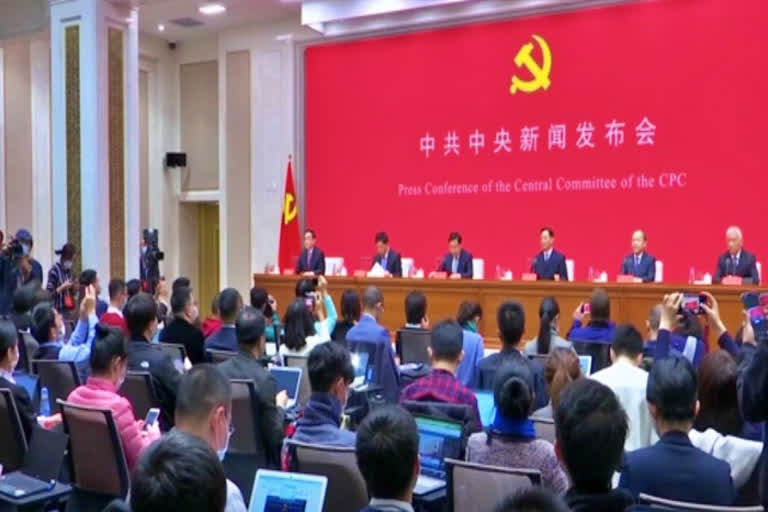Beijing: China's leaders have vowed to make their country a self-reliant "technology power" as an ongoing feud with Washington has cut access to U.S. computer chips and other high-tech components, hampering Beijing's industrial ambitions.
Leaders of the ruling Communist Party made the announcement after a meeting to draft a development blueprint for the state-dominated economy over the next five years.
It gave no details of which industries might be targeted or what support they might receive.
Read:| Force must be met by force, says China's Xi
"We need technological solutions more than ever, and we need to strengthen our innovation as the primary driving force more than ever," said Wang Zhigang, China's Minister of Science and Technology, at a press conference on Friday.
President Donald Trump's 2018 tariff hikes on Chinese goods over complaints Beijing steals or pressures companies to hand over technology raised pressure within China for greater self-reliance.
In 2019 the White House tightened controls on Chinese purchases of chips and other components.
"We will develop our national strategic technological forces to promote the systematic capability of technological breakthroughs and emergency breakthroughs," Wang said.
"We are facing unilateralism, protectionism and the backlash against globalisation," said Ning Jizhe, vice chairman of China's National Development and Reform Commission. "Our economic development is having a complicated and grave external circumstance."
Beijing feels increased pressure after the Trump administration cut off access to most American supplies for Huawei Technologies Ltd., a global maker of smartphones and switching equipment, in a feud over technology and security.
Read:| 'Stop sowing discord between China and regional countries'
Decoupling is a concept that has gained attention as the Trump administration has pushed American companies to return manufacturing to the U.S. and rely less heavily on production in China.
"Our economic link is shaped by complimentary structures and the openness of the global economy," said Han Wenxiu, an adviser to President Xi Jinping, at Friday's press conference.
"Complete decoupling is not realistic at all and does no good for China, the U.S. and the whole world."
AP



